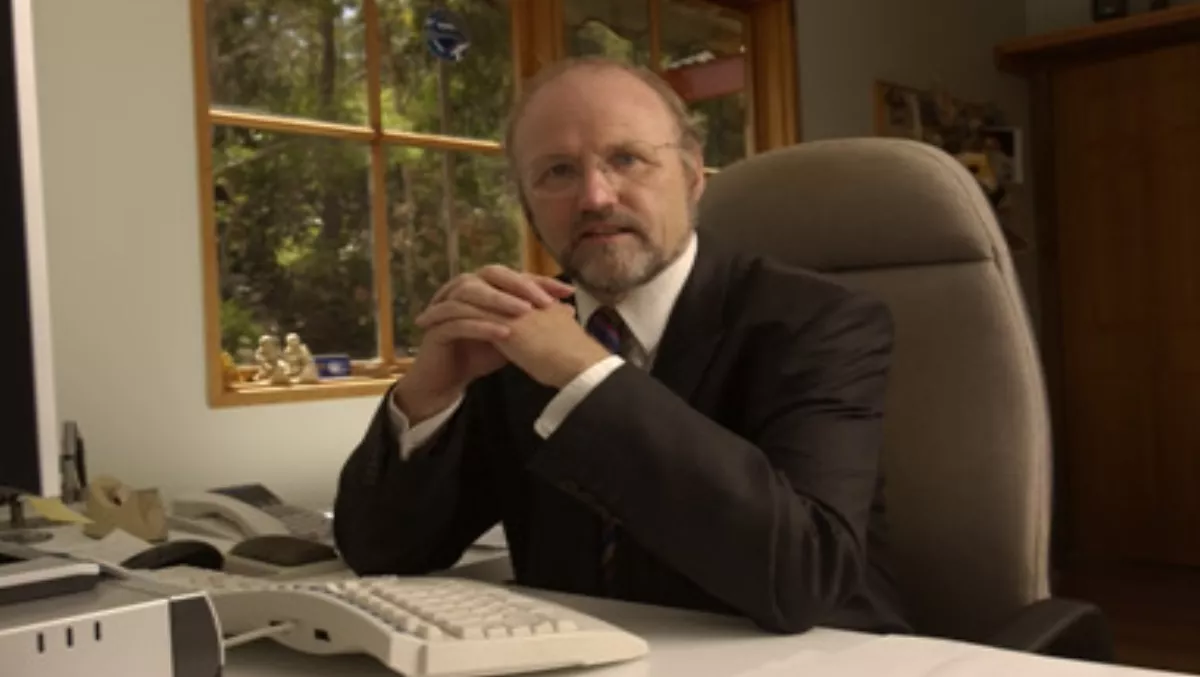
Analyst wades into productivity debate
High profile Australasian telco analyst Paul Budde has waded into the debate sparked by a report which found businesses switching from slow to high-speed broadband achieve no discernible productivity gains.
The report, by non-profit economic institute Motu, entitled ‘The Need for Speeds; impacts of internet connectivity on firm productivity’ has been lambasted by TUANZ CEO Ernie Newman, who claims the report is out of date because it’s based on 2006 data - see yesterday’s TR article here.
In a press release issued today, Budde agrees in part with TUANZ: “Any serious high-speed applications are still very much in development stage and asking firms to make a judgement on the productivity gains is rather futile.”
Despite this, Budde welcomes the report: “What it does is clearly indicate that in order to obtain the economic and social gains that the fibre network has to offer, first of all government clearly has to indicate which ingredients should go into the overall business model of its plan. After this it is then up to these individual sectors and firms to come up with empirical data to support this.”
In other words, Budde says the need for fast broadband has yet to be identified and articulated.
“While we have applauded the New Zealand’s Government policies on Ultra Fast Broadband we have continuously argued that the government should make clear why we do want this network. Like everybody else they talk about e-health, education, smart grids and so on, but let’s be honest we have done that for the last decade and more.”
Budde says these areas are under government control and operate within closed silos, and what’s required is a trans-sector approach to identifying broadband demand. However, a sizeable chunk of work about the need for better broadband was undertaken by the previous government in two iterations of a national Digital Strategy, which the MED was responsible for. The Labour government also formed the Digital Development Council, a coalition of user groups that was supposed to focus on the demand side of the broadband equation, but this was disbanded when National came to power.

